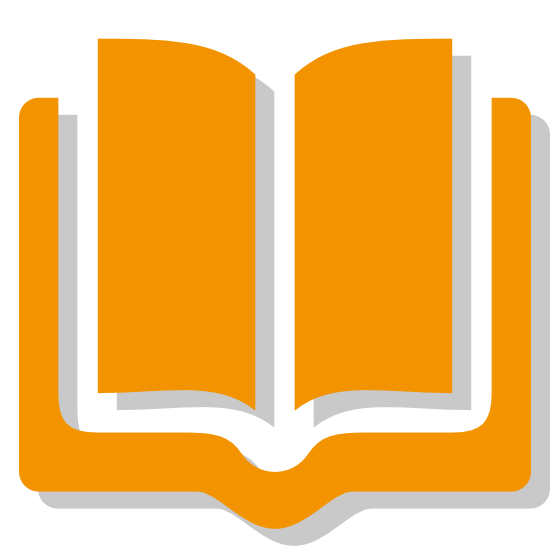Development of Analytical Thinking in Future History Teachers
Abstract
An important aspect of teacher competence is analyzing complex classroom situations and suggesting appropriate actions that follow from the analysis. Novice teachers’ analyses are, however, typically simpler than analyses done by experienced teachers. The aim of this study was to investigate whether the analytical skills of pre-service teachers had developed throughout teacher education, and whether the pattern of strengths and weaknesses in students’ performances during their first semester had changed at the time of graduation. The results show that the skills did not improve during teacher education, since the students performed at the same level during the first and the last semester.
References
2. Berliner, D. C. (2004). Describing the behavior and documenting the accomplishments of expert teachers. Bulletin of Science, Technology & Society, 24, 200-212.
3. Björklund, L-E. (2008). Fran novis till expert: Förtrogenhetskunskap i kognitiv och didaktisk belysning [From Novice to Expert: Intuition in a Cognitive and Educational Perspective]. Doctoral dissertation, Linköping University, Sweden.
4. Black, P., and Wiliam, D. (1998). Assessment and classroom learning. Assessment in Education: Principles, Policy & Practice, 5, 7-74.
5. Blömeke, S., Paine, L., Houang, R. T., Hsieh, F-J., Schmidt, W. H., Tatto, M. T., Bankov, K., (2008). Future teachers’ competence to plan a lesson: first results of a six-country study on the efficiency of teacher education. ZDM Mathematics Education, 40, 749–762.
6. Carter, K., Cushing, K., Sabers, D., Stein, P., & Berliner, D. (1988). Expert-novice differences in perceiving and processing visual classroom information. Journal of Teacher Education, 39, 25-31.

In submitting the manuscript to the International Journal on Integrated Education (IJIE), the authors certify that:
- They are authorized by their co-authors to enter into these arrangements.
- The work described has not been formally published before, except in the form of an abstract or as part of a published lecture, review, thesis, or overlay journal.
- That it is not under consideration for publication elsewhere,
- The publication has been approved by the author(s) and by responsible authorities – tacitly or explicitly – of the institutes where the work has been carried out.
- They secure the right to reproduce any material that has already been published or copyrighted elsewhere.
- They agree to the following license and copyright agreement.
License and Copyright Agreement
Authors who publish with International Journal on Integrated Education (IJIE) agree to the following terms:
Authors retain copyright and grant the International Journal on Integrated Education (IJIE) right of first publication with the work simultaneously licensed under Creative Commons Attribution License (CC BY 4.0) that allows others to share the work with an acknowledgment of the work's authorship and initial publication in this journal.





1.png)
